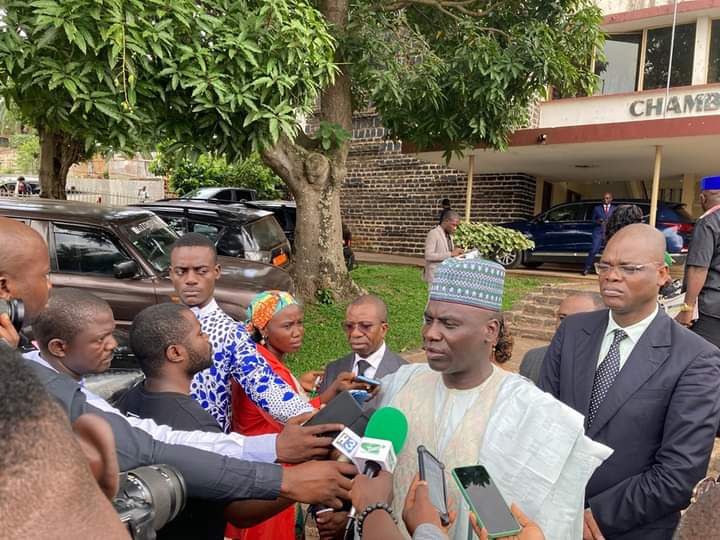Intellectual property laws protect genetic resources and traditional knowledge in Cameroon, fostering innovation and fair benefits.
On May 30, 2024, the Secretary General of the Ministry of Mines, Industry, and Technological Development (MINMIDT), Oumar Ali, representing Minister Pr. Fuh Calistus Gentry, presided over the official launch of a crucial legislative workshop. This workshop focused on the protection of genetic resources and traditional knowledge in Cameroon.
This significant event followed the recent diplomatic conference organized by the World Intellectual Property Organization (WIPO) on genetic resources and traditional knowledge. The workshop had several key objectives, primarily to:
- Educate stakeholders on the importance of implementing Model Laws related to genetic resources and traditional knowledge.
- Deeply sensitize key players about the benefits of intellectual property in the production of plant-based medicines.
The workshop aimed to provide comprehensive education to various stakeholders about the crucial need for robust laws protecting genetic resources and associated traditional knowledge.
It highlighted the importance of these laws in preserving Cameroon’s rich biodiversity and cultural heritage. Additionally, the workshop emphasized the role of intellectual property rights in fostering innovation and ensuring that traditional knowledge holders benefit from their contributions.
Participants included personnel from relevant ministries, such as MINMIDT, the Ministry of Environment, Nature Protection and Sustainable Development (MINEPDED), and the Ministry of Scientific Research and Innovation (MINRESI).
Moreover, the workshop saw the active participation of pharmacists, traditional healers, doctors, researchers, and experts in intellectual property and traditional medicine. This diverse group of attendees ensured a holistic approach to the discussions, incorporating various perspectives and expertise.
One of the primary focuses of the workshop was to educate stakeholders on the significance of genetic resources and traditional knowledge laws. These laws are essential for preserving biodiversity and ensuring that local communities and knowledge holders receive fair compensation for their contributions.
The workshop also aimed to demonstrate how intellectual property rights could enhance the development and commercialization of plant-based medicines, providing economic benefits to the country and its people.
By sensitizing key actors in the sector, the workshop sought to foster a deeper understanding of the advantages offered by intellectual property in the traditional medicine sector.
It aimed to bridge the gap between traditional knowledge and modern intellectual property frameworks, promoting a collaborative approach to innovation and development.
Read Also:
Cameroon Begins Construction of “Chocolat Rouge” Factory in Obala
Streamline Your Invoicing Process with Kola Business Manager
The workshop on genetic resources and associated traditional knowledge laws marked a significant step towards protecting Cameroon’s rich natural and cultural heritage. By educating and sensitizing key stakeholders, the initiative aims to ensure the effective implementation of these laws, fostering sustainable development and innovation in the country.
Ready to start your business journey? Explore expert company incorporation services with OpenHub Consulting.
Discover more from OpenHub Digital
Subscribe to get the latest posts sent to your email.


2 thoughts on “Key Stakeholders Educated on Genetic Resources and Associated Knowledge Laws”